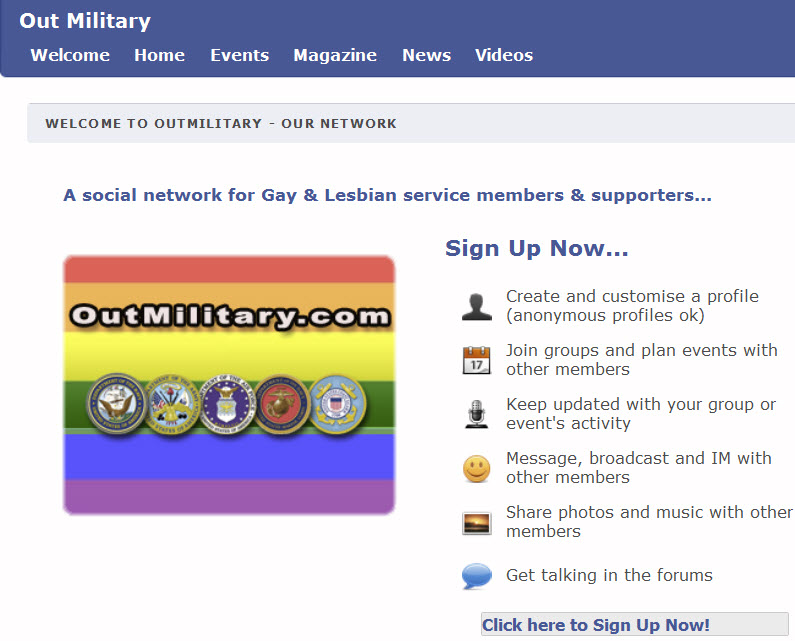We all knew that the repeal of Don’t Ask Don’t Tell wasn’t the end of the military’s ever onward march towards sexual enlightenment: soon it will be legal for soldiers to have sex with animals. Consensual sex, of course.
Churches will be able to offer liturgical solemnisation of human-beast partnerships as a generous pastoral response for those who seek to live in mutual love and faithfulness in a stable, long-term committed relationship with their camels.
From here:
The Senate on Thursday evening voted 93-7 to approve a defense authorization bill that includes a provision which not only repeals the military law on sodomy, it also repeals the military ban on sex with animals–or bestiality.
On Nov. 15, the Senate Armed Services Committee had unanimously approved S. 1867, the National Defense Authorization Act, which includes a provision to repeal Article 125 of the Uniform Code of Military Justice (UCMJ).
Article 125 of the UCMJ makes it illegal to engage in both sodomy with humans and sex with animals.
[…]
Former Army Col. Bob Maginnis said some military lawyers have indicated that bestiality may be prosecutable under another section of the military code of justice – the “catch-all” Article 134 for offenses against “good military order and discipline.”
But don’t count on that, he said.
“If we have a soldier who engages in sodomy with an animal – whether a government animal or a non-government animal – is it, in fact, a chargeable offense under the Uniform Code? I think that’s in question,” Maginnis told CNSNews.com.
The question is, will non-government animals still receive survivor benefits?


